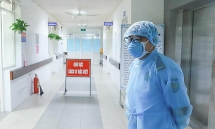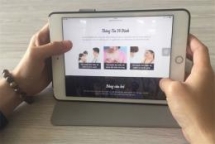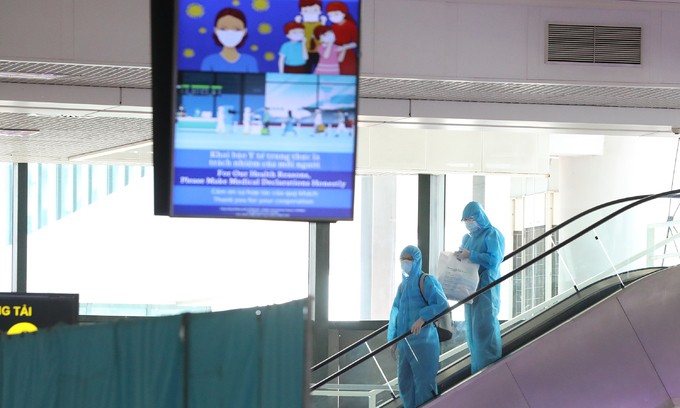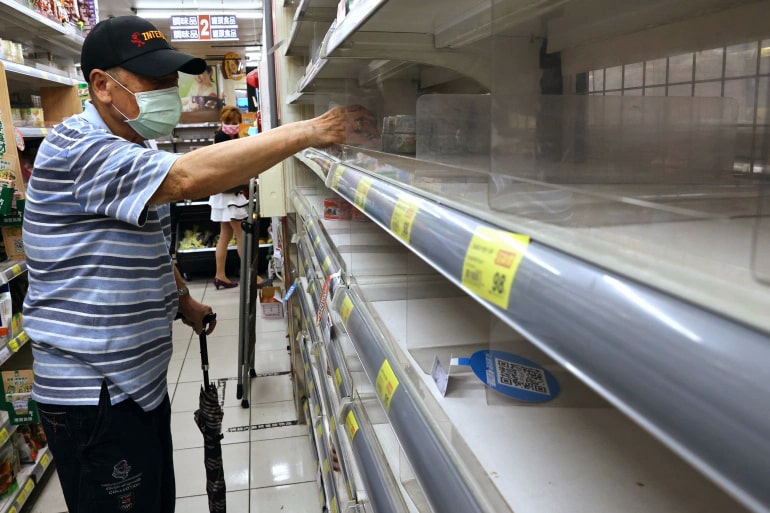The Guardian warned readership not blind your mind with coronavirus 'quack cures'
| How will the Internet be affected by coronavirus? | |
| MoH fights fake information spread on internet | |
| Vietnam among Asian countries with rapid growth rates of internet users |
 |
| Lemon juice is one remedy for the coronavirus that has been shared on anti-vaccination Facebook groups. (Photo source: Germano Poli/Alamy) |
Covid-19 misinformation can be as dangerous as the virus itself. “Dangerous quack cures” for the coronavirus being shared online should be reported to social media companies immediately, the UK government has said.
Lemon juice, liquid silver and hot water are among the remedies being suggested in anti-vaccination Facebook groups that have hundreds of thousands of followers.
YouTube bloggers are also sharing theories that China created the virus as a bio-weapon to attack the US economy and comments are being spread online about the 5G network being able to control the oxygen supply of coronavirus patients.
| Misinformed people put themselves and others at risk by taking dangerous quack cures, showing false confidence and mistrusting official guidance which is designed to minimise public harm. Social media companies should get a handle on this not just because it’s a bad look for business, but because a vast number of human lives are at stake. |
New social media guidance drawn up by the Center for Countering Digital Hate (CCDH) and endorsed by the culture secretary, Oliver Dowden, asks people not to reply to or share misinformation on social media, even if they want to point out it is wrong. This is to avoid spreading it further, as any engagement can place it in other people’s timelines.
The guidelines drawn up by CCDH, called “Don’t Spread The Virus”, advise social media users not to share or comment on falsehoods they find online, even if they feel compelled to do so in outrage or anger.
| If people see untruths on Facebook, Twitter, WhatsApp or elsewhere online, they should not engage with it. The way social media works means that whenever we engage with a post it make it seem more popular. |
Instead people are being asked to report misinformation to social media platforms and group administrators, and to share official NHS information as much as possible to push it into social media algorithms.
CCDH is asking people to block anyone they do not know who is sharing misinformation, to send a private message to those they know who are sharing misinformation to ask them not to do so, and to report misinformation to social media platforms and group admins.
 | Coronavirus update: US surpasses China with most cases worldwide The United States has officially surpassed China and Italy in its number of COVID-19 cases, becoming the country with the most reported novel coronavirus cases ... |
 | Coronavirus Update in Vietnam, March 27: desipe the new case increasing, also new recoveries seen Although it was announced that new case increasing to 153 infections in Vietnam on 26 March, the country also saw a new happiness from three ... |
 | Vietnam facilitates foreigners extend visas amid COVID-19 outbreak Foreigners in Vietnam can make visa extension procedures at the Immigration Department under the Ministry of Public Security in line with regulations amid coronavirus fears, ... |
Recommended
 World
World
Pakistan NCRC report explores emerging child rights issues
 World
World
"India has right to defend herself against terror," says German Foreign Minister, endorses Op Sindoor
 World
World
‘We stand with India’: Japan, UAE back New Delhi over its global outreach against terror
 World
World
'Action Was Entirely Justifiable': Former US NSA John Bolton Backs India's Right After Pahalgam Attack
 World
World
US, China Conclude Trade Talks with Positive Outcome
 World
World
Nifty, Sensex jumped more than 2% in opening as India-Pakistan tensions ease
 World
World
Easing of US-China Tariffs: Markets React Positively, Experts Remain Cautious
 World
World







